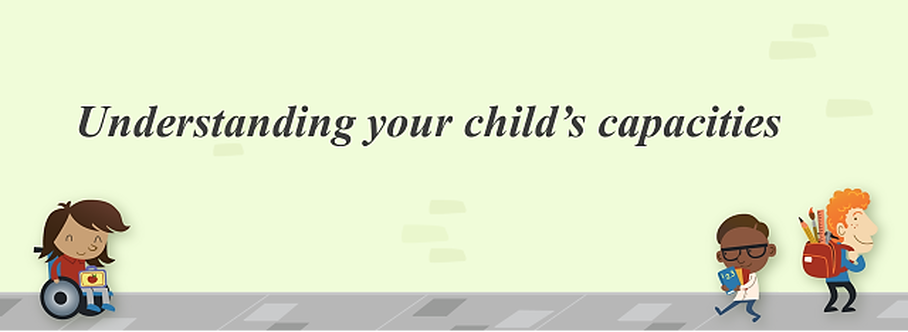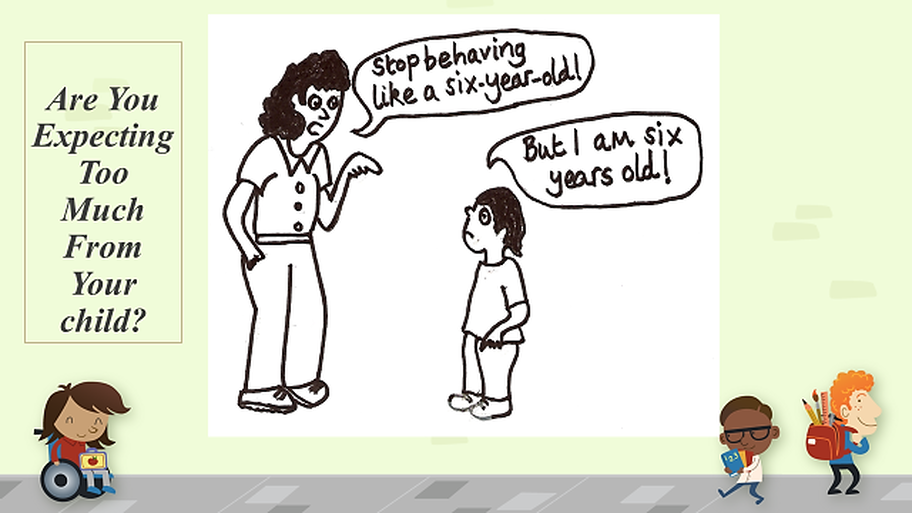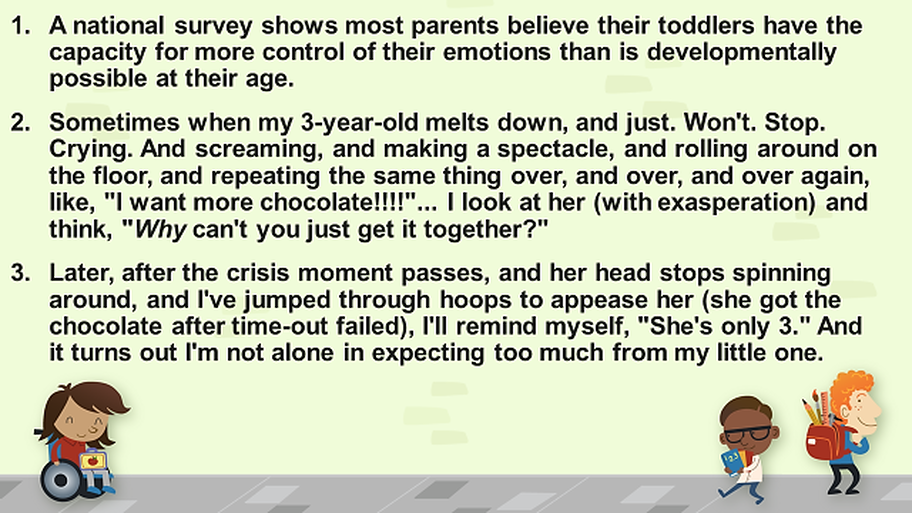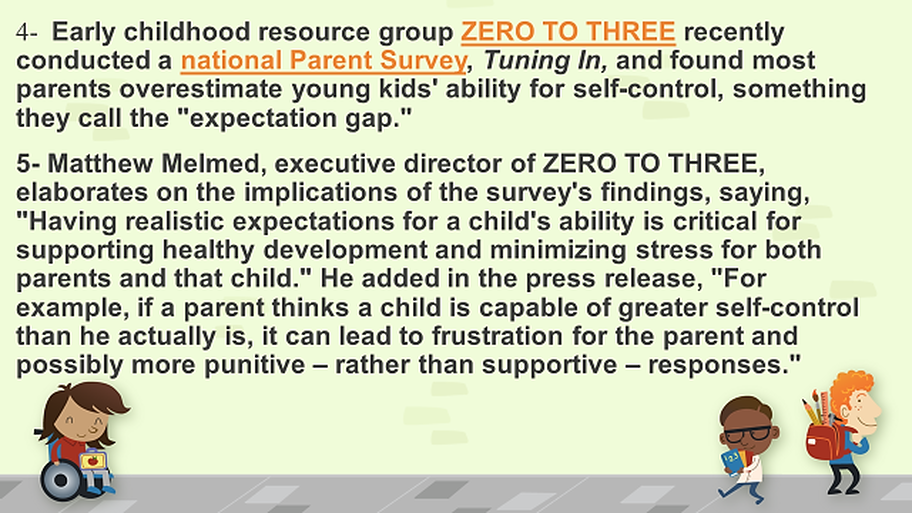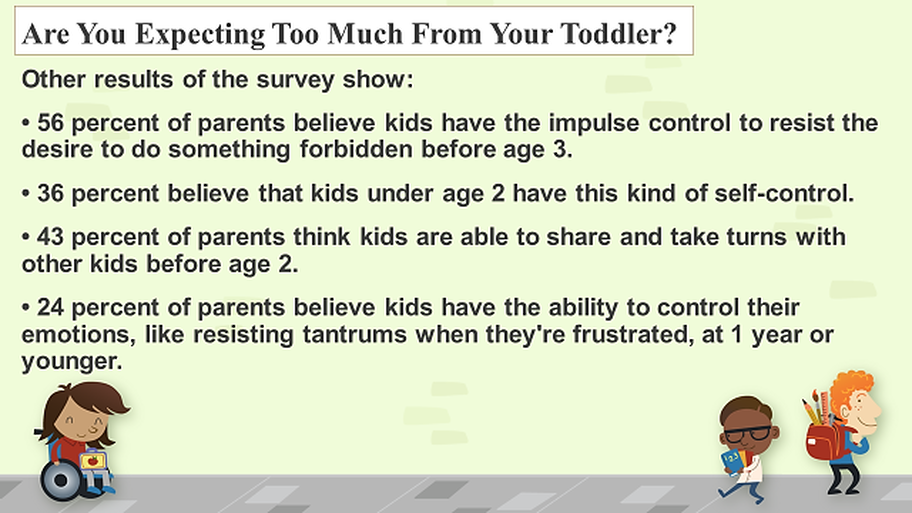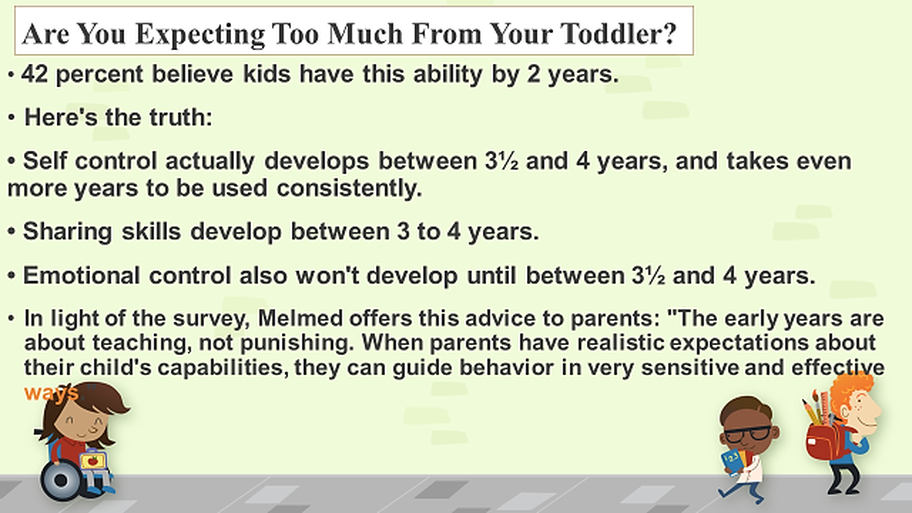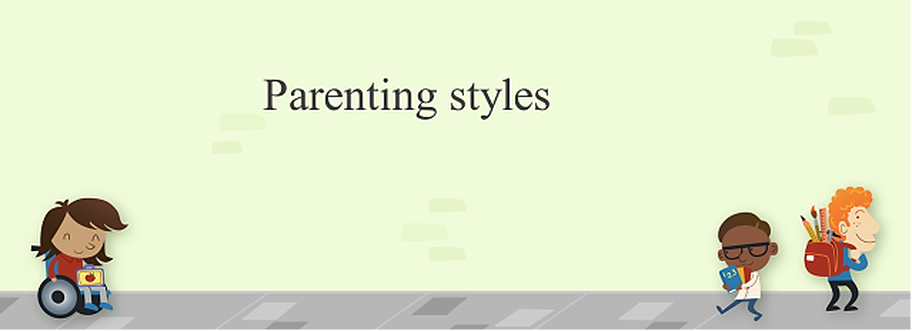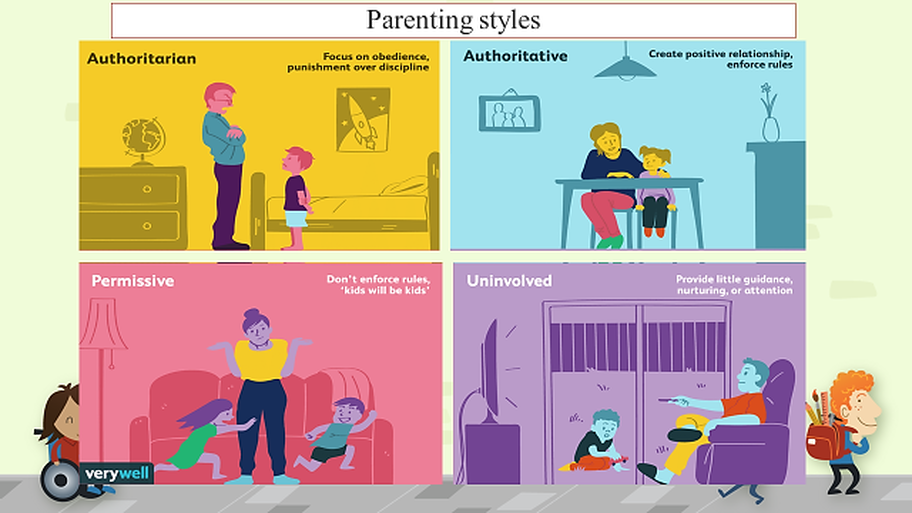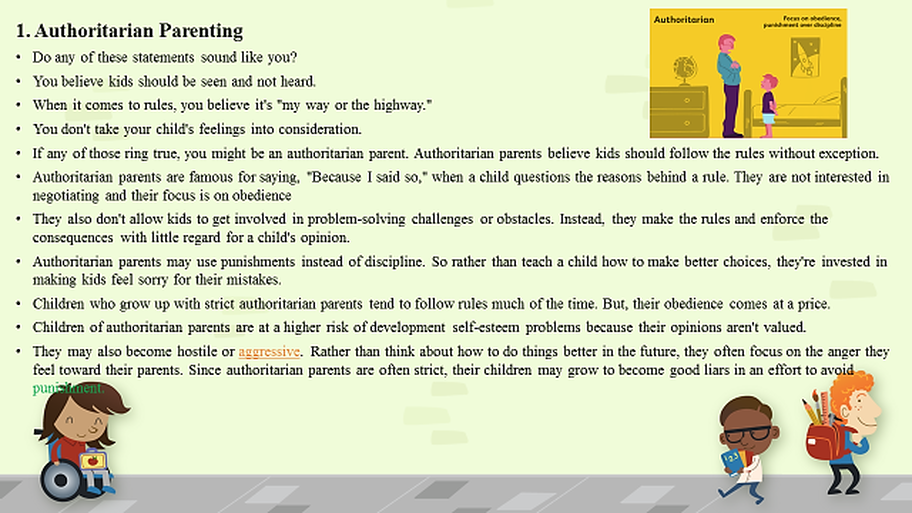Motherhood… is a choice you make every day, to put someone else’s happiness and well-being ahead of your own… to teach the hard lessons… to do the right things even when you are not sure what the right thing is…. And… to forgive yourself… over and over again, for everything you have done wrong…









Top 10 Social Issues Teens Struggle With Today
Technology Has Changed or Amplified the Struggles Young People Face
Advances in technology mean today’s teens are facing issues that no previous generation has ever seen. While some issues are not exactly new, electronic media has changed or amplified some of the struggles young people face. For instance, teens today struggle more with their interpersonal relationships than any previous generation and a lot of this dysfunction can be linked to overuse of technology.
In fact, the average teen spends over nine hours each day using their electronic devices. Consequently, their social media habits and media consumption are changing the way they communicate, date, learn, sleep, exercise, and more. Here are the top 10 social problems teens struggle with every day.
In fact, the average teen spends over nine hours each day using their electronic devices. Consequently, their social media habits and media consumption are changing the way they communicate, date, learn, sleep, exercise, and more. Here are the top 10 social problems teens struggle with every day.
1- Depression
According to The National Institute of Mental Health, an estimated 3.2 million adolescents in the United States had at least one major depressive episode in 2017. That means about 13 percent of teenagers may experience depression before reaching adulthood.
Depression rates grew among adolescents, especially in girls , over the previous decade when about 8% of teens reported being depressed. Some researchers blame technology for the rise in mental health problems. For instance, spending too much time on electronic devices may be preventing young people from engaging in sports or peer activities that help ward off depression. They also experience new conditions like “fear of missing out” or FOMO , which further leads to feelings of loneliness and isolation.
Depressive disorders are treatable, but it’s important to seek professional help. If your teen seems withdrawn, experiences a change in his sleep patterns, or starts to perform badly in school, schedule an appointment with your teen’s physician or contact a mental health professional. Do not delay getting help for your teen if you notice these symptoms.
Depression rates grew among adolescents, especially in girls , over the previous decade when about 8% of teens reported being depressed. Some researchers blame technology for the rise in mental health problems. For instance, spending too much time on electronic devices may be preventing young people from engaging in sports or peer activities that help ward off depression. They also experience new conditions like “fear of missing out” or FOMO , which further leads to feelings of loneliness and isolation.
Depressive disorders are treatable, but it’s important to seek professional help. If your teen seems withdrawn, experiences a change in his sleep patterns, or starts to perform badly in school, schedule an appointment with your teen’s physician or contact a mental health professional. Do not delay getting help for your teen if you notice these symptoms.
2- Bullying
According to the Department of Health and Human Services, about 20% of teens in the U.S. experienced bullying in 2017. One reason for this is the rise of social media use by teens, which has made bullying much more public and more pervasive. In fact, cyberbullying has replaced bullying as the common type of harassment that teens experience.
Talk to your teen about bullying regularly. Discuss what she can do when she witnesses bullying and talk about options if she becomes a target . Being proactive is key to helping your child deal with a bully. It’s also important to talk to your child about when and how to get help from an adult. Remind them that asking for help is not a sign of weakness, but instead a show of courage. Talking about how someone has humiliated them is never an easy topic.
Talk to your teen about bullying regularly. Discuss what she can do when she witnesses bullying and talk about options if she becomes a target . Being proactive is key to helping your child deal with a bully. It’s also important to talk to your child about when and how to get help from an adult. Remind them that asking for help is not a sign of weakness, but instead a show of courage. Talking about how someone has humiliated them is never an easy topic.
3- Sexual Activity
Based on the 2017 Youth Risk Behavior Surveillance data, 39.5% of high school students reported being sexually active. That means sexual activity had declined slightly over the past decade.
Fortunately, the teen birth rate has declined over the past decade too. Births to teens ages 15 to 19 accounted for 5.0% of all births in 2017. The decline in pregnancy doesn’t necessarily mean teens are using protection, however.
Of the 20 million new sexually transmitted diseases each year, more than half were among young people between the ages of 15 and 24.
Parents may not believe their children are sexually active, however. Talk to your teen about sex, even if you don’t think your child is engaging in sexual activity.
Fortunately, the teen birth rate has declined over the past decade too. Births to teens ages 15 to 19 accounted for 5.0% of all births in 2017. The decline in pregnancy doesn’t necessarily mean teens are using protection, however.
Of the 20 million new sexually transmitted diseases each year, more than half were among young people between the ages of 15 and 24.
Parents may not believe their children are sexually active, however. Talk to your teen about sex, even if you don’t think your child is engaging in sexual activity.
4- Drug Use
In 2017, about 6% of seniors reported using marijuana daily. Marijuana use exceeds cigarette use is in teens now. In fact, many teens believe marijuana is less harmful now than in years past. This new perception may be due to the changing laws surrounding marijuana.
Meanwhile, other illicit drug use has held steadily at the lowest levels according to a study published by the National Institute on Drug Abuse. For instance, teen use of illicit drugs in 2017 was the lowest since the study began in 1975.
Make sure you have regular conversations about the dangers of drugs. And don’t forget to mention the dangers of prescription drugs. Many teens do not recognize the dangers of taking a friend’s prescription or popping a few pills that are not prescribed to them. Unfortunately, teens often underestimate how easy it is to develop an addiction. And they don’t understand the risks associated with overdosing. Be sure you are talking about these risks on a consistent basis.
Meanwhile, other illicit drug use has held steadily at the lowest levels according to a study published by the National Institute on Drug Abuse. For instance, teen use of illicit drugs in 2017 was the lowest since the study began in 1975.
Make sure you have regular conversations about the dangers of drugs. And don’t forget to mention the dangers of prescription drugs. Many teens do not recognize the dangers of taking a friend’s prescription or popping a few pills that are not prescribed to them. Unfortunately, teens often underestimate how easy it is to develop an addiction. And they don’t understand the risks associated with overdosing. Be sure you are talking about these risks on a consistent basis.
5- Alcohol Use
As of 2017, alcohol use and being drinking showed a significant decline among teenagers. Despite the decline, 33.2% of high school seniors still report drinking alcohol within the past month.
Talk to teens about the risks of underage drinking. Educate them about the dangers, including the fact that alcohol can take a serious toll on a teenager’s developing brain. Also, do not shy away from expressing your disapproval of underage drinking. Saying you don’t approve can make a big difference in whether your teen decides to drink.
Talk to teens about the risks of underage drinking. Educate them about the dangers, including the fact that alcohol can take a serious toll on a teenager’s developing brain. Also, do not shy away from expressing your disapproval of underage drinking. Saying you don’t approve can make a big difference in whether your teen decides to drink.
6- Obesity
According to the Centers for Disease Control and Prevention, about 19% of 12- to 19-year-olds were obese in 2016, with Hispanic and black children are more likely to be overweight or obese.
Aside from the fact that overweight children are often targeted by bullies, obese kids also are at a much greater risk of lifelong health problems, such as diabetes, arthritis, cancer, and heart disease. They also may struggle with body image issues or develop eating disorders as unhealthy way of changing their appearance. But parents are not always aware of these issues.
In fact, surveys show parents are bad at recognizing when their kids are overweight. They tend to underestimate their child’s size and the risks associated with being overweight.
Talk to your child’s pediatrician about the weight and body mass are appropriate for your teen’s height and age and inquire about the steps you can take to ensure your teen is healthy. Then, if your doctor does recommend a healthier eating plan or exercise, find ways to support and empower your teen.
Aside from the fact that overweight children are often targeted by bullies, obese kids also are at a much greater risk of lifelong health problems, such as diabetes, arthritis, cancer, and heart disease. They also may struggle with body image issues or develop eating disorders as unhealthy way of changing their appearance. But parents are not always aware of these issues.
In fact, surveys show parents are bad at recognizing when their kids are overweight. They tend to underestimate their child’s size and the risks associated with being overweight.
Talk to your child’s pediatrician about the weight and body mass are appropriate for your teen’s height and age and inquire about the steps you can take to ensure your teen is healthy. Then, if your doctor does recommend a healthier eating plan or exercise, find ways to support and empower your teen.
7- Academic Problems
About 6% of high school students drop out of high school each year in the United States, according to the National Center for Education Statistics.9 A high school dropout is likely to earn $200,000 less over his lifetime when compared to a high school graduate, which can have a significant impact on a young person’s future.
But, it’s no longer just the “troubled teens” who are dropping out of school. Some teens feel so much pressure to get into a good college that they’re burning themselves out before they graduate from high school.
Stay involved in your teen’s education. Provide support and guidance and be ready to assist your teen if he encounters problems.
But, it’s no longer just the “troubled teens” who are dropping out of school. Some teens feel so much pressure to get into a good college that they’re burning themselves out before they graduate from high school.
Stay involved in your teen’s education. Provide support and guidance and be ready to assist your teen if he encounters problems.
8- Peer Pressure
While peer pressure isn’t a new issue, social media brings it to a whole new level. Sexting , for example, is a major cause for concern as many teens do not understand the lifelong consequences that sharing explicit photos can have on their lives. But sharing inappropriate photos are not the only things kids are being pressured into doing. For instance, more and more kids are being pressured into having sex, doing drugs, and even bullying other kids.
To keep your kids from falling victim to peer pressure, give them skills to make healthy choices and to resist peer pressure . Also, talk to teens about what to do if they make a mistake. Sometimes, kids can make poor choices and may be too afraid to seek help. Make sure your kids are not afraid to come to you when the screw up. Demonstrate that you can listen without judging or overreacting and instead find healthy ways for them to make amends and move on.
To keep your kids from falling victim to peer pressure, give them skills to make healthy choices and to resist peer pressure . Also, talk to teens about what to do if they make a mistake. Sometimes, kids can make poor choices and may be too afraid to seek help. Make sure your kids are not afraid to come to you when the screw up. Demonstrate that you can listen without judging or overreacting and instead find healthy ways for them to make amends and move on.
9-Social Media
can be great ways for teens to connect with one another; but social media can be problematic for several reasons. For instance, social media can expose your teen to
Facebook
Instagram
, and
Twitter
cyberbullying
slut shaming
, and so much more. And, while there are some
benefits to social media
, there are a lot of risks as well. Social media can have a
negative impact on friendships
and is changing the
way teens date
. It can even impact their mental health.
But, no matter what precautions you take, teens are still likely to be exposed to unsavory people, unhealthy images, and sexual content online. While there are measures being put into place to reduce the risks kids face online, it’s important for parents to get involved.
Help your teen learn how to navigate social media in a healthy way. Talk about ways to stay safe online. And most importantly, know what your teen is doing online. Educate yourself about the latest apps, websites, and social media pages teens are using and take steps to keep your teen safe. You may even want to take steps to
limit your teen’s screen time.
10- On-Screen Violence
Teenagers are going to witness some violent media at one time or another. And it’s not just TV, music, and movies that depict violence. Many of today’s
violent video games
portray gory scenes and disturbing
acts of aggression
Over the past couple of decades, a multitude of studies linked watching violence to a lack of
empathy
. And studies show the number one factor in determining how kids relate to media is how their parents think and act.
, the more violence parents watch, the more likely they are to think it’s OK for their kids to view. Pay attention to your teen’s media use. Don’t allow teens to watch R-rated movies or to play M-rated video games. It’s not healthy for them to consume that material.
According to
Common Sense Media
Also, talk to your teen about the dangers of being exposed to violent images and monitor your teen’s mental state. It’s also important to talk about sexual situations and racial stereotypes that your teen might see. Teens need to learn how to identify what is good and what is bad about media. It helps them become a healthier consumer when they can think objectively about what they are seeing online, in the movie theater, or in a video game.
How to Talk to Your Teen
Bringing up any difficult subjects with your teen can feel uncomfortable. And your teen isn’t likely to respond well to a lengthy lecture or too many direct questions. But having a conversation with your teen about difficult issues is not something you should shy away from. Even when it seems like they are not listening, you are the most influential person in your teen’s life. It is important to lay a strong foundation before the window of opportunity closes.
, or other uncomfortable situations is to ask a question like, “Do you think this is a big issue at your school?” Listen to what your teen has to say. Try not to be judgmental but make your expectations and opinions clear. It is important that your teen understands that you don’t condone certain behaviors and that they know the
A good way to strike up a conversation about drugs, sex,
juuling
https://www.verywellfamily.com/startling-facts-about-todays-teenagers-2608914

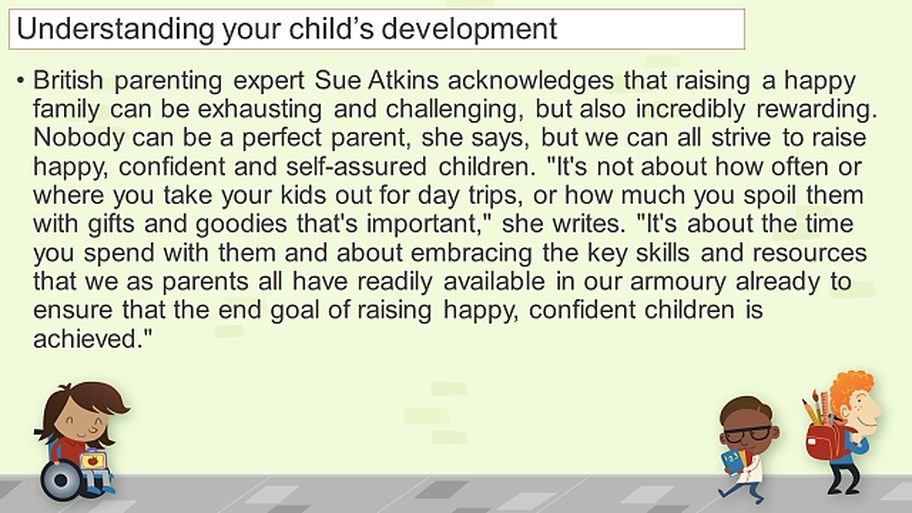
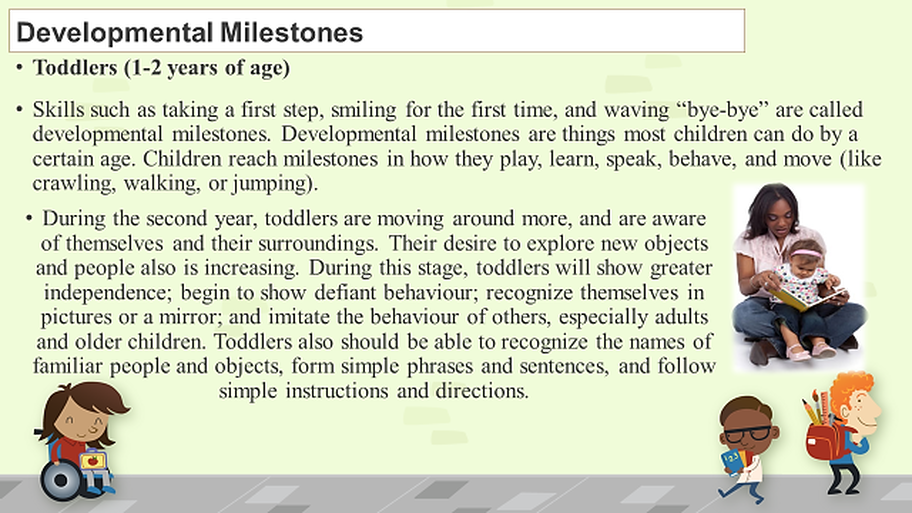
Parents Guide to Developmental Milestones
Every child is different, and so is every parent’s experience; but experts have a clear idea about the range of normal development from birth to age 5 — and signs that a child might have a developmental delay. Below you’ll find milestones organized by period of development, and tips on when to contact a health professional about your concerns. Remember — there is no penalty for being cautious about your growing child, and if there is a problem acting early can make all the difference.
Thanks to the American Academy of Pediatrics for this content.
Milestones at 1 Month
Movement Milestones
Every child is different, and so is every parent’s experience; but experts have a clear idea about the range of normal development from birth to age 5 — and signs that a child might have a developmental delay. Below you’ll find milestones organized by period of development, and tips on when to contact a health professional about your concerns. Remember — there is no penalty for being cautious about your growing child, and if there is a problem acting early can make all the difference.
Thanks to the American Academy of Pediatrics for this content.
Milestones at 1 Month
Movement Milestones
Visual and Hearing Milestones
Smell and Touch Milestones
Developmental Health Watch
If, during the second, third, or fourth weeks of your baby’s life, she shows any of the following signs of developmental delay, notify your pediatrician.
If, during the second, third, or fourth weeks of your baby’s life, she shows any of the following signs of developmental delay, notify your pediatrician.
- Sucks poorly and feeds slowly
- Doesn’t blink when shown a bright light
- Doesn’t focus and follow a nearby object moving side to side
- Rarely moves arms and legs; seems stiff
- Seems excessively loose in the limbs, or floppy
- Lower jaw trembles constantly, even when not crying or excited
- Doesn’t respond to loud sounds
Milestones at 3 Months
Movement Milestones
Movement Milestones
- Raises head and chest when lying on stomach
- Supports upper body with arms when lying on stomach
- Stretches legs out and kicks when lying on stomach or back
- Opens and shuts hands
- Pushes down on legs when feet are placed on a firm surface
- Brings hand to mouth
- Takes swipes at dangling objects with hands
- Grasps and shakes hand toys
Visual and Hearing Milestones
Social and Emotional Milestones
Developmental Health Watch
Although each baby develops in her own individual way and at her own rate, failure to reach certain milestones may signal medical or developmental problems requiring special attention. If you notice any of the following warning signs in your infant at this age, discuss them with your pediatrician.
Although each baby develops in her own individual way and at her own rate, failure to reach certain milestones may signal medical or developmental problems requiring special attention. If you notice any of the following warning signs in your infant at this age, discuss them with your pediatrician.
- Doesn’t seem to respond to loud sounds
- Doesn’t notice her hands by two months
- Doesn’t smile at the sound of your voice by two months
- Doesn’t follow moving objects with her eyes by two to three months
- Doesn’t grasp and hold objects by three months
- Doesn’t smile at people by three months
- Cannot support her head well at three months
- Doesn’t reach for and grasp toys by three to four months
- Doesn’t babble by three to four months
- Doesn’t bring objects to her mouth by four months
- Begins babbling, but doesn’t try to imitate any of your sounds by four months
- Doesn’t push down with her legs when her feet are placed on a firm surface by four months
- Has trouble moving one or both eyes in all directions
- Crosses her eyes most of the time (Occasional crossing of the eyes is normal in these first months.)
- Doesn’t pay attention to new faces, or seems very frightened by new faces or surroundings
- Still has the tonic neck reflex at four to five months
Milestones at 7 Months
Movement Milestones
Movement Milestones
Visual Milestones
Language Milestones
Cognitive Milestones
Social and Emotional Milestones
Developmental Health Watch
Because each baby develops in his own particular manner, it’s impossible to tell exactly when or how your child will perfect a given skill. The developmental milestones listed in this book will give you a general idea of the changes you can expect, but don’t be alarmed if your own baby’s development takes a slightly different course. Alert your pediatrician, however, if your baby displays any of the following signs of possible developmental delay for this age range.
Because each baby develops in his own particular manner, it’s impossible to tell exactly when or how your child will perfect a given skill. The developmental milestones listed in this book will give you a general idea of the changes you can expect, but don’t be alarmed if your own baby’s development takes a slightly different course. Alert your pediatrician, however, if your baby displays any of the following signs of possible developmental delay for this age range.
- Seems very stiff, with tight muscles
- Seems very floppy, like a rag doll
- Head still flops back when body is pulled up to a sitting position
- Reaches with one hand only
- Refuses to cuddle
- Shows no affection for the person who cares for him
- Doesn’t seem to enjoy being around people
- One or both eyes consistently turn in or out
- Persistent tearing, eye drainage, or sensitivity to light
- Does not respond to sounds around him
- Has difficulty getting objects to his mouth
- Does not turn his head to locate sounds by four months
- Doesn’t roll over in either direction (front to back or back to front) by five months
- Seems inconsolable at night after five months
- Doesn’t smile spontaneously by five months
- Cannot sit with help by six months
- Does not laugh or make squealing sounds by six months
- Does not actively reach for objects by six to seven months
- Doesn’t follow objects with both eyes at near (1 foot) [30 cm] and far (6 feet) [180 cm] ranges by seven months
- Does not bear some weight on legs by seven months
- Does not try to attract attention through actions by seven months
- Does not babble by eight months
Shows no interest in games of peekaboo by eight months
Milestones at 1 Year
Movement Milestones
Movement Milestones
- Gets to sitting position without assistance
- Crawls forward on belly by pulling with arms and pushing with legs
- Assumes hands-and-knees position
- Creeps on hands and knees supporting trunk on hands and knees
- Gets from sitting to crawling or prone (lying on stomach) position
- Pulls self up to stand
- Walks holding on to furniture
- Stands momentarily without support
- May walk two or three steps without support
Milestones In Hand and Finger Skills
Language Milestones
Cognitive Milestones
Social and Emotional Milestones
- Shy or anxious with strangers
- Cries when mother or father leaves
- Enjoys imitating people in play
- Shows specific preferences for certain people and toys
- Tests parental responses to his actions during feedings (What do you do when he refuses a food?)
- Tests parental responses to his behavior (What do you do if he cries after you leave the room?)
- May be fearful in some situations
- Prefers mother and/or regular caregiver over all others
- Repeats sounds or gestures for attention
- Finger-feeds himself
- Extends arm or leg to help when being dressed
Developmental Health Watch
Each baby develops in his own manner, so it’s impossible to tell exactly when your child will perfect a given skill. Although the developmental milestones listed in this book will give you a general idea of the changes you can expect as your child gets older, don’t be alarmed if his development takes a slightly different course. Alert your pediatrician if your baby displays any of the following signs of possible developmental delay in the eight-to twelve-month age range.
Each baby develops in his own manner, so it’s impossible to tell exactly when your child will perfect a given skill. Although the developmental milestones listed in this book will give you a general idea of the changes you can expect as your child gets older, don’t be alarmed if his development takes a slightly different course. Alert your pediatrician if your baby displays any of the following signs of possible developmental delay in the eight-to twelve-month age range.
- Does not crawl
- Drags one side of body while crawling (for over one month)
- Cannot stand when supported
- Does not search for objects that are hidden while he watches
- Says no single words (“mama” or “dada”)
- Does not learn to use gestures, such as waving or shaking head
- Does not point to objects or pictures
Milestones at 2 Years
Movement milestones
Movement milestones
- Walks alone
- Pulls toys behind her while walking
- Carries large toy or several toys while walking
- Begins to run
- Stands on tiptoe
- Kicks a ball
- Climbs onto and down from furniture unassisted
- Walks up and down stairs holding on to support
- Milestones in hand and finger skills
- Scribbles spontaneously
- Turns over container to pour out contents
- Builds tower of four blocks or more
- Might use one hand more frequently than the other
Language milestones
- Points to object or picture when it’s named for him
- Recognizes names of familiar people, objects, and body parts
- Says several single words (by fifteen to eighteen months)
- Uses simple phrases (by eighteen to twenty-four months)
- Uses two- to four-word sentences
- Follows simple instructions
- Repeats words overheard in conversation
Cognitive milestones
Social and emotional milestones
- Imitates behavior of others, especially adults and older children
- Increasingly aware of herself as separate from others
- Increasingly enthusiastic about company of other children
- Demonstrates increasing independence
- Begins to show defiant behavior
- Increasing episodes of separation anxiety toward midyear, then they fade
Developmental health watch
Because each child develops at his own particular pace, it’s impossible to tell exactly when yours will perfect a given skill. The developmental milestones will give you a general idea of the changes you can expect as your child gets older, but don’t be alarmed if he takes a slightly different course. Alert your pediatrician, however, if he displays any of the following signs of possible developmental delay for this age range.
Because each child develops at his own particular pace, it’s impossible to tell exactly when yours will perfect a given skill. The developmental milestones will give you a general idea of the changes you can expect as your child gets older, but don’t be alarmed if he takes a slightly different course. Alert your pediatrician, however, if he displays any of the following signs of possible developmental delay for this age range.
- Cannot walk by eighteen months
- Fails to develop a mature heel-toe walking pattern after several months of walking, or walks exclusively on his toes
- Does not speak at least fifteen words by eighteen months
- Does not use two-word sentences by age two
- Does not seem to know the function of common household objects (brush, telephone, bell, fork, spoon) by fifteen months
- Does not imitate actions or words by the end of this period
- Does not follow simple instructions by age two
- Cannot push a wheeled toy by age two
Milestones at 4 Years
Movement milestones
Movement milestones
Milestones in hand and finger skills
Language milestones
Cognitive milestones
Social and emotional milestones
- Interested in new experiences
- Cooperates with other children
- Plays “Mom” or “Dad”
- Increasingly inventive in fantasy play
- Dresses and undresses
- Negotiates solutions to conflicts
- More independent
- Imagines that many unfamiliar images may be “monsters”
- Views self as a whole person involving body, mind, and feelings
- Often cannot distinguish between fantasy and reality
Developmental health watch
Because each child develops in his own particular manner, it’s impossible to tell exactly when or how he’ll perfect a given skill. The developmental milestones listed here will give you a general idea of the changes you can expect as your child gets older, but don’t be alarmed if his development takes a slightly different course. Alert your pediatrician, however, if your child displays any of the following signs of possible developmental delay for this age range.
Because each child develops in his own particular manner, it’s impossible to tell exactly when or how he’ll perfect a given skill. The developmental milestones listed here will give you a general idea of the changes you can expect as your child gets older, but don’t be alarmed if his development takes a slightly different course. Alert your pediatrician, however, if your child displays any of the following signs of possible developmental delay for this age range.
- Cannot throw a ball overhand
- Cannot jump in place
- Cannot ride a tricycle
- Cannot grasp a crayon between thumb and fingers
- Has difficulty scribbling
- Cannot stack four blocks
- Still clings or cries whenever his parents leave him
- Shows no interest in interactive games
- Ignores other children
- Doesn’t respond to people outside the family
- Doesn’t engage in fantasy play
- Resists dressing, sleeping, using the toilet
- Lashes out without any self-control when angry or upset
- Cannot copy a circle
- Doesn’t use sentences of more than three words
- Doesn’t use “me” and “you” appropriately
Milestones at 5 Years
Movement milestones
Movement milestones
Milestones in hand and finger skills
Language milestones
Cognitive milestones
Social and emotional milestones
Developmental health watch
Because each child develops in her own particular manner, it’s impossible to predict exactly when or how your own preschooler will perfect a given skill. The developmental milestones listed here will give you a general idea of the changes you can expect as your child gets older, but don’t be alarmed if her development takes a slightly different course. Alert your pediatrician, however, if your child displays any of the following signs of possible developmental delay for this age range.
Because each child develops in her own particular manner, it’s impossible to predict exactly when or how your own preschooler will perfect a given skill. The developmental milestones listed here will give you a general idea of the changes you can expect as your child gets older, but don’t be alarmed if her development takes a slightly different course. Alert your pediatrician, however, if your child displays any of the following signs of possible developmental delay for this age range.
- Exhibits extremely fearful or timid behavior
- Exhibits extremely aggressive behavior
- Is unable to separate from parents without major protest
- Is easily distracted and unable to concentrate on any single activity for more than five minutes
- Shows little interest in playing with other children
- Refuses to respond to people in general, or responds only superficially
- Rarely uses fantasy or imitation in play
- Seems unhappy or sad much of the time
- Doesn’t engage in a variety of activities
- Avoids or seems aloof with other children and adults
- Doesn’t express a wide range of emotions
- Has trouble eating, sleeping, or using the toilet
- Can’t differentiate between fantasy and reality
- Seems unusually passive
- Cannot understand two-part commands using prepositions (“Put the cup on the table”; “Get the ball under the couch.”)
- Can’t correctly give her first and last name
- Doesn’t use plurals or past tense properly when speaking
- Doesn’t talk about her daily activities and experiences
- Cannot build a tower of six to eight blocks
- Seems uncomfortable holding a crayon
- Has trouble taking off her clothing
- Cannot brush her teeth efficiently
- Cannot wash and dry her hands
